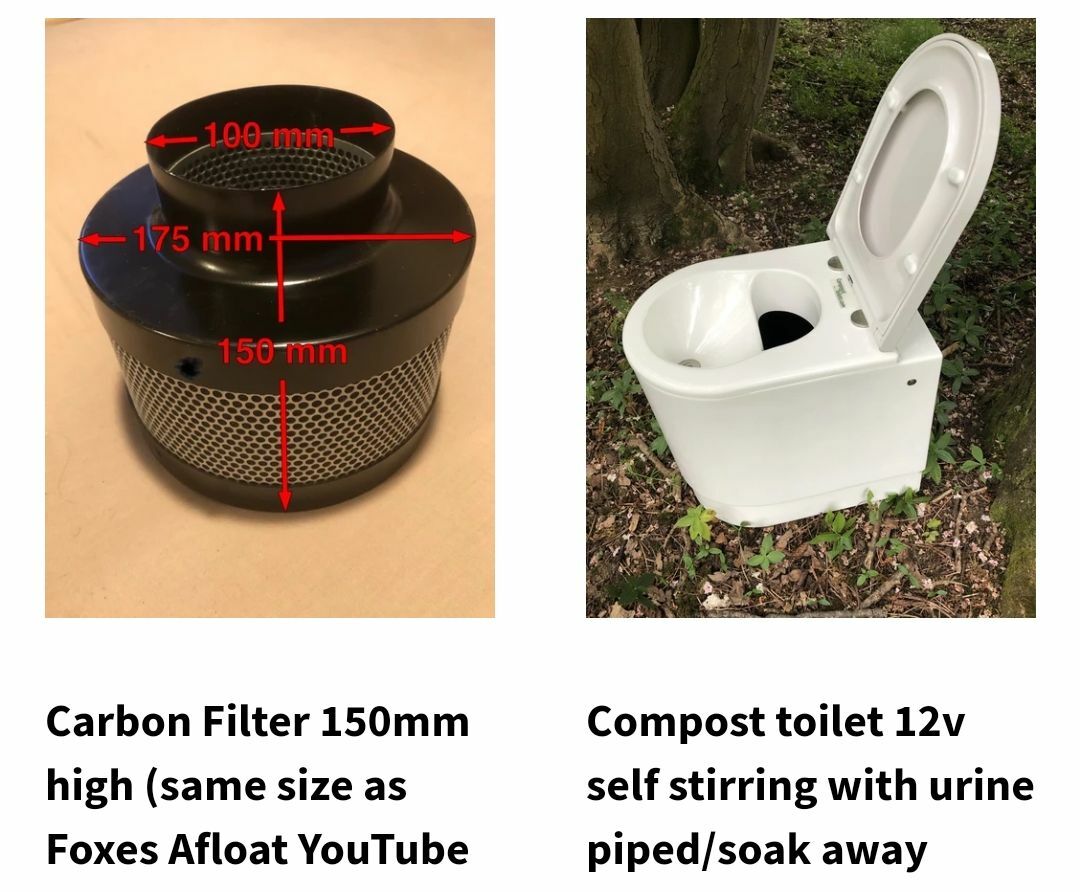Composting is a process, not an end result. Given a mix of organic matter, moisture, warmth and air, it's almost impossible to stop it from composting. Of course composting toilets don't produce finished compost, but show me any manufacturer that says their product can. That doesn't mean that the process of composting doesn't start in the toilet, so the toilet is 'composting', but not to anything like completion.
It is possible to build your own separating toilet for not much more than £100, the bit that does the actual separating being available for less than £50. Home built loos can have a much bigger receptacle, 20l or more, that not only lasts for many, many weeks, but the increased volume of material also makes the composting process more successful and complete.




